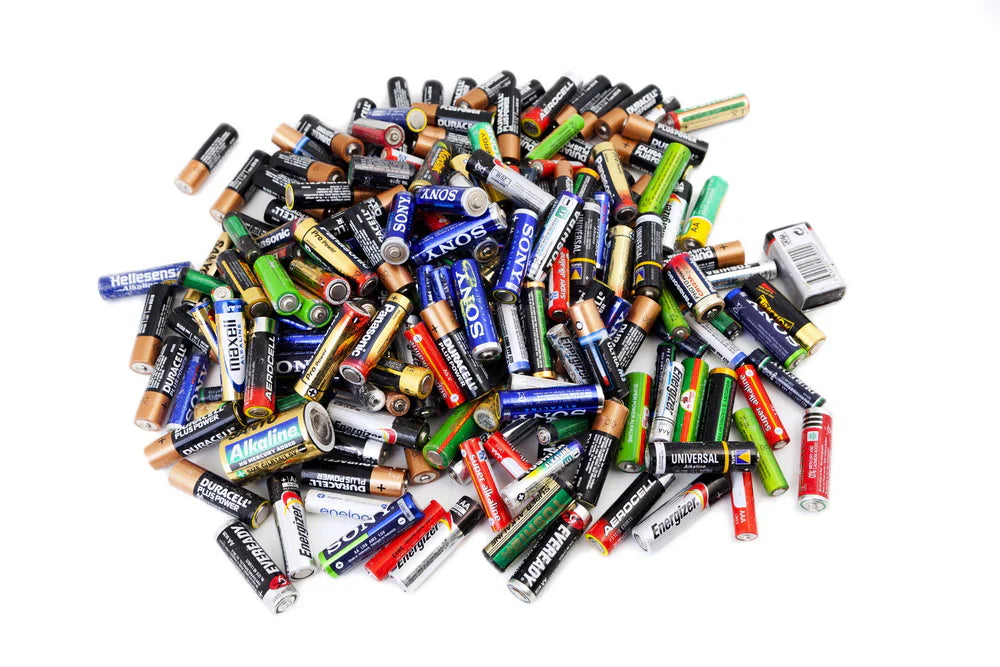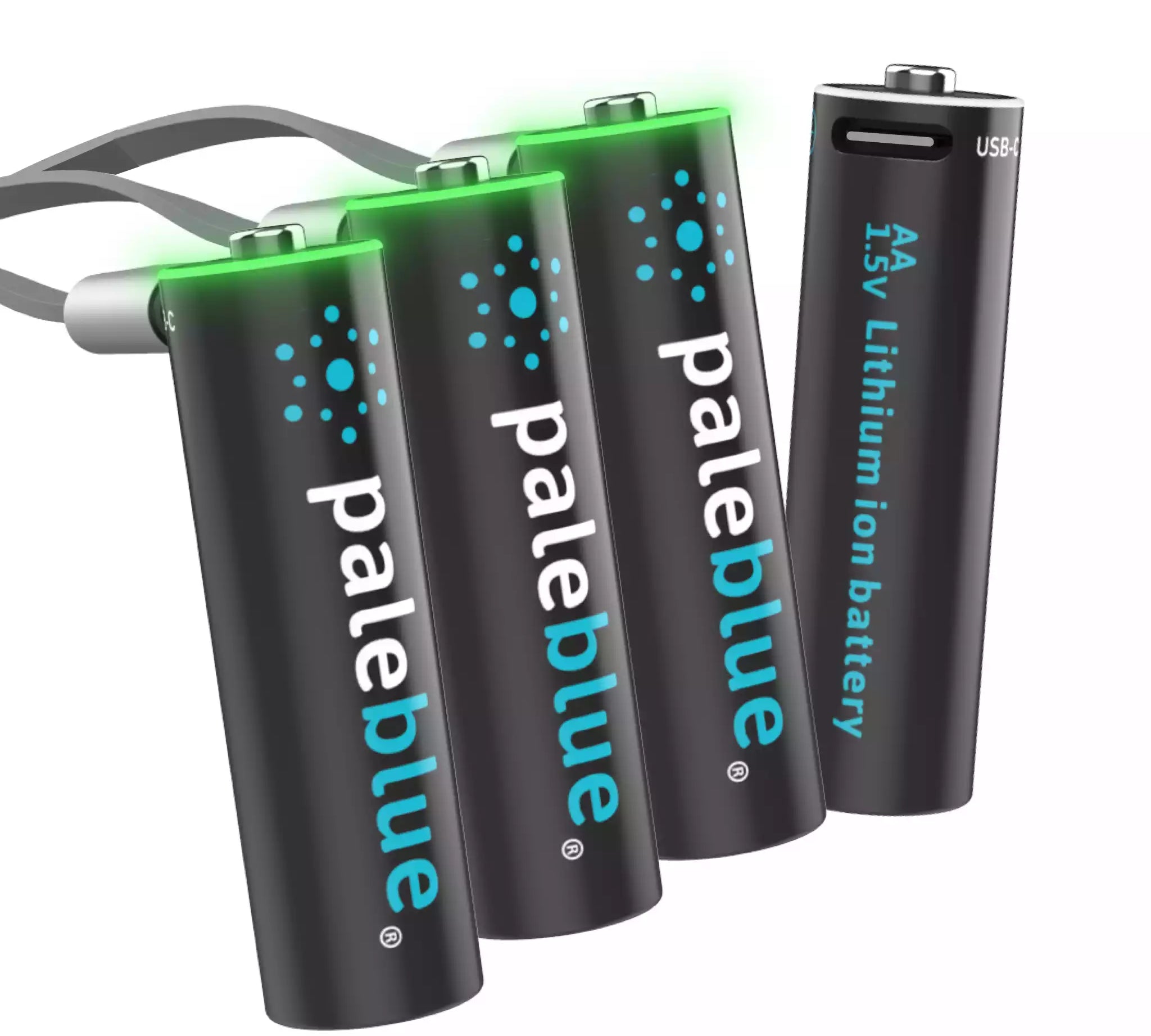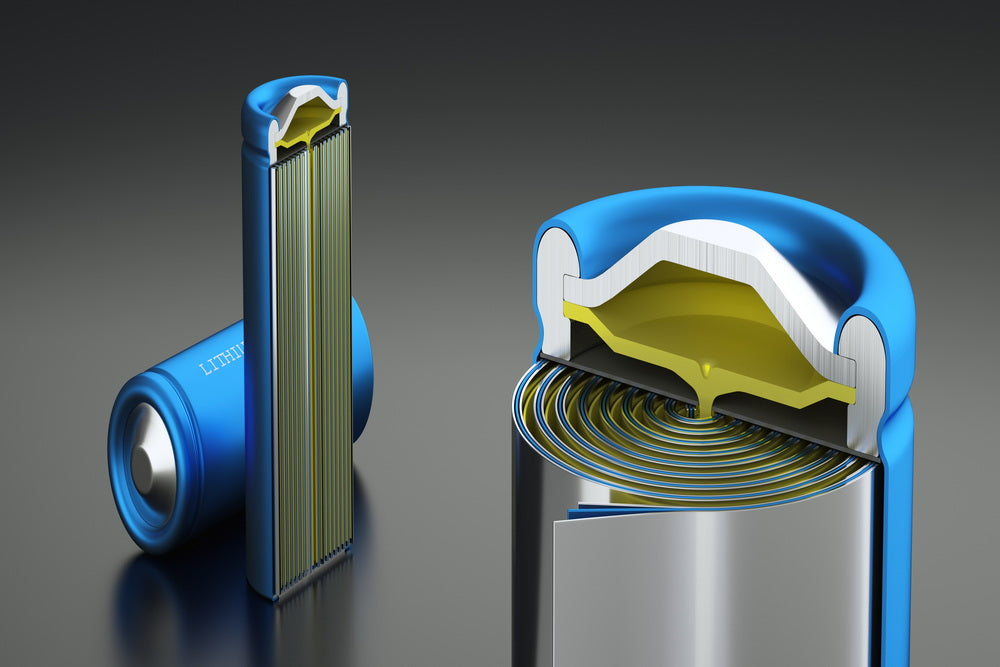Why Experts Recommend Never Mixing Batteries

Perhaps you've read articles in which experts recommend always using batteries of the same type, brand, and age. Those same experts warn against mixing batteries. It's pretty common advice – so much so that Consumer Reports included it in a battery-buying guide published a few years ago.
Have you ever wondered why this advice is so often shared? It is based on an understanding of the chemistry behind battery discharge. If you know the science, you know the potential trouble that could occur if batteries used in a series are not similar.
A Chemical Reaction
Regular readers of our blog understand that batteries do not store electricity. If you are one of those readers, bear with us. This principle needs to be explained yet again before we can talk about the previously mentioned advice.
Inside any battery – including our USB rechargeable batteries – there are chemicals that store potential energy rather than electrical current. During discharge, an electricity-generating chemical reaction occurs. That reaction is influenced by a battery's type and age.
Discharge and Resistance
During battery discharge, there is some amount of resistance to the chemical reaction going on inside it. Said resistance produces heat. Now, imagine you have two rechargeable NiCad batteries in the same device. One is brand-new and freshly charged; the other is a few years old and was last charged two months ago.
Resistance is at a minimum when batteries are new and freshly charged. As they discharge, resistance increases. Therefore, mixing the two batteries of different ages and charge levels could mean greater resistance and more heat in the older battery. This could cause the older battery to heat up faster and potentially overheat.
Of course, this applies to batteries of the same type. In other words, our example suggests two NiCads. The same would apply if you were using multiple lithium-ion, disposable alkaline, or even NiMH batteries. But there is also danger in using different battery types.
Mixing Different Battery
Mixing different types of batteries is even more risky than mixing the same type batteries of different ages and charge levels. We will use a single alkaline battery and a companion lithium-ion as an example. Both have similar and stable discharge rates. Yet lithium-ion batteries have a greater density. That is to say they store more potential energy.
More potential energy suggests that resistance would remain lower, for a longer period of time, in a lithium-ion cell. Resistance would increase quickly in the alkaline battery. The end result could be an imbalance that causes the alkaline battery to overheat. That battery could break and leak. In a worst-case scenario, it could explode.
Now you know why experts recommend against mixing batteries. If mixing is a normal practice for you, we encourage you to avoid it. Furthermore, why not replace all of your older batteries with brand-new lithium-ion cells from us. Our revolutionary batteries can be recharged 1,000 times or more using a USB cable. Always use them together and you will not have to worry about mixing problems.
- Tags: Performance Sustainability








